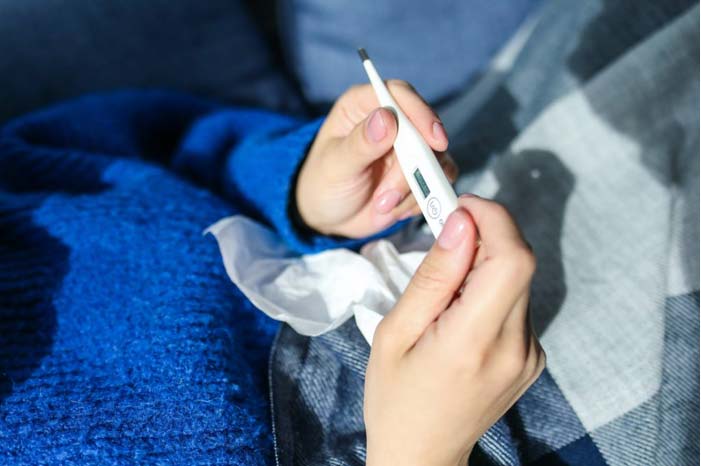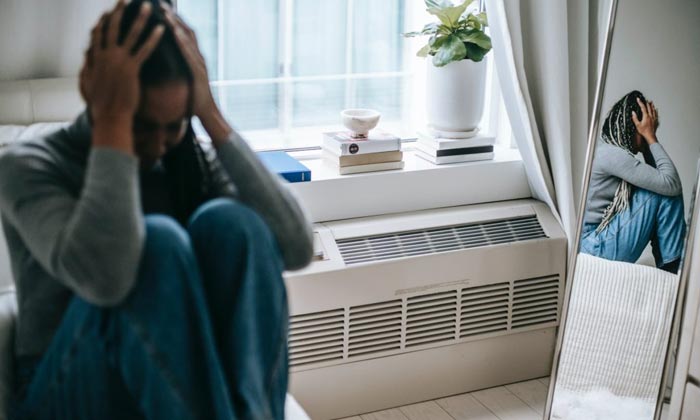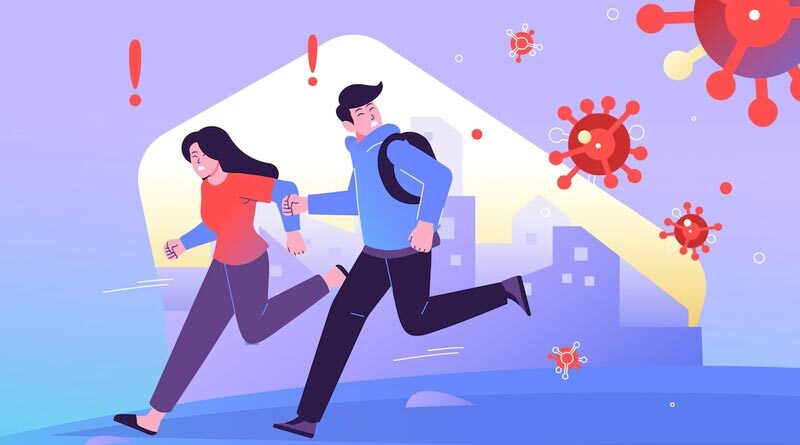What is long COVID and how to cope with it?
The onset of 2021 announced arrival of the fastest spreading disease that affected the entire world. With the hit of COVID-19, countries on lockdown, the economy going down, people getting hospitalized, and dying of this virus. While it seems that the worst has passed, the ordeal might not be over for everyone. Once you catch this virus, it might stay with you for probably a few months or over a year. Surprised enough? There’s more to it. Learn more about what is long COVID and how to cope with it.
What is Long COVID?

Contrary to common misconception, long COVID is not a disease. Long COVID is a condition wherein some symptoms in COVID patients linger for weeks or even months after the initial illness. Some of these symptoms are different than those experienced during COVID and they persist even when the virus is no longer in the body. Even though a few people recover within a few weeks, there are some who experience long-term symptoms of COVID.

The World Health Organization (WHO) defines long COVID in the following way – “Post COVID-19 condition occurs in individuals with a history of probable or confirmed SARS CoV-2 infection, usually 3 months from the onset of Covid-19 with symptoms and that last for at least 2 months and cannot be explained by an alternative diagnosis.” As per a few studies, it is estimated that 10% to 60% or more of COVID-19 patients may be affected by lingering symptoms of Long COVID.
Symptoms Of Long COVID
Physical symptoms
- Fatigue, muscle aches, and weakness
- Chest pain and heart palpitations
- Headache

- Shortness of breath
- Joint pain
- Rash or hair loss
- Intermittent fever
- Cough
Mental or neurological symptoms
- Memory and concentration problems
- Difficulty thinking straight (brain or COVID “fog”)
- Sleep disruption—ranging from sleeping too much to insomnia
- Depression
- Anxiety
- PTSD
- Changes in mood, extreme emotions
- Altered smell and taste

Causes of long COVID
Even though researchers are still figuring out why people are suffering from long COID; there are a few contributing factors:
- Brain or immune system inflamed by the virus.
- A reduced or absent response from antibodies of the immune system.
- Replace or reinfection of the virus.
- Post-hospitalization trauma and stress.
- Inactivity and bed rest leads to a decline in physical health.
- Damage to the immune system, lungs, or other organs is caused by the virus or low oxygen levels.
Who is most at risk of developing long Covid?
Even though long COVID can happen to anyone. There are few people who are at higher risk of getting it. They are:
- Elder people
- Women
- Those who had five or more symptoms in the first week of becoming ill with Covid-19
- Asthma patients
- People who are overweight or obese,
- Those who smoke
- People who live in deprived areas or had severe Covid illness and needed to be admitted to hospital.
- Those working in health or social care
Steps To Cope With Long COVID

- Look for medical assistance: Seek medical help promptly as soon as you feel that the symptoms of COVID are still prevailing with you.
- Vaccination: The best step of dealing with COVID or long COVID is getting vaccinated.
- Take precautionary steps: Wear a mask if you’re out in public, avoid non-essential travel, wash your hands frequently with soap and water or use a hand sanitizer that contains at least 60% alcohol.
- Limit your liquor and caffeine intake. Both alcohol and caffeine can disturb your rest and affect your immune system.
- Stop smoking. Nicotine in tobacco increases your heart rate and blood pressure, disturbs your respiratory system, and decreases lung functioning.
- Eat a balanced diet. A balanced diet rich in nutrients is very much important to cope with long COVID.

- Look for support: Do not try to fight this condition all by yourself. Look for support and help from others.
- Use the “3 Ps” approach to daily tasks: 3 P’S stand for Pace, plan and prioritize to fight long COVID.
- Rest and relax.
- Exercise
- Reduce oversleeping
COVID has not only affected our physical health but has affected our mental health leading to depression, anxiety, and stress. “Always remember there is light at the end of the tunnel.” Cope with long COVID by taking full care of yourself. Let us know if you found this article helpful. You may also want to check out out Health Section.




